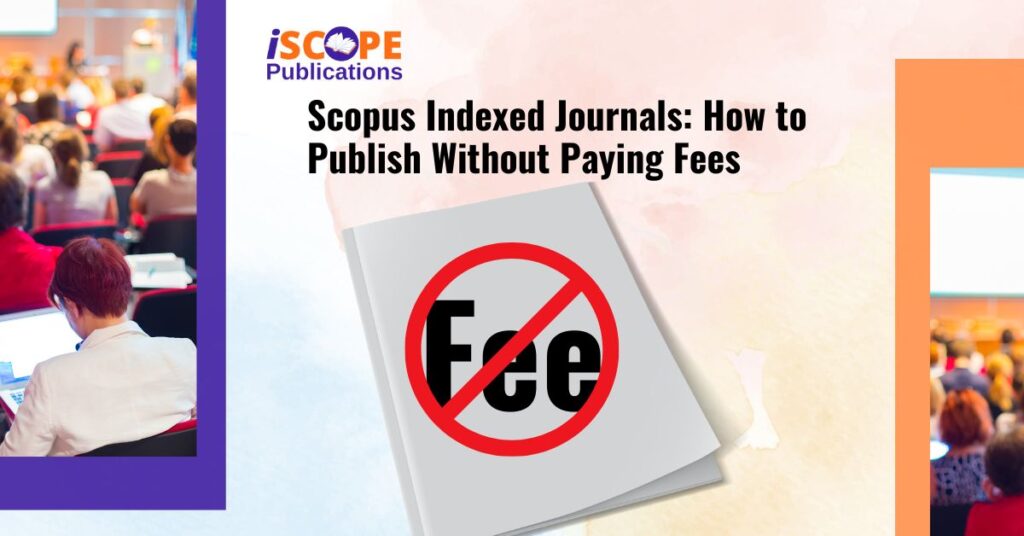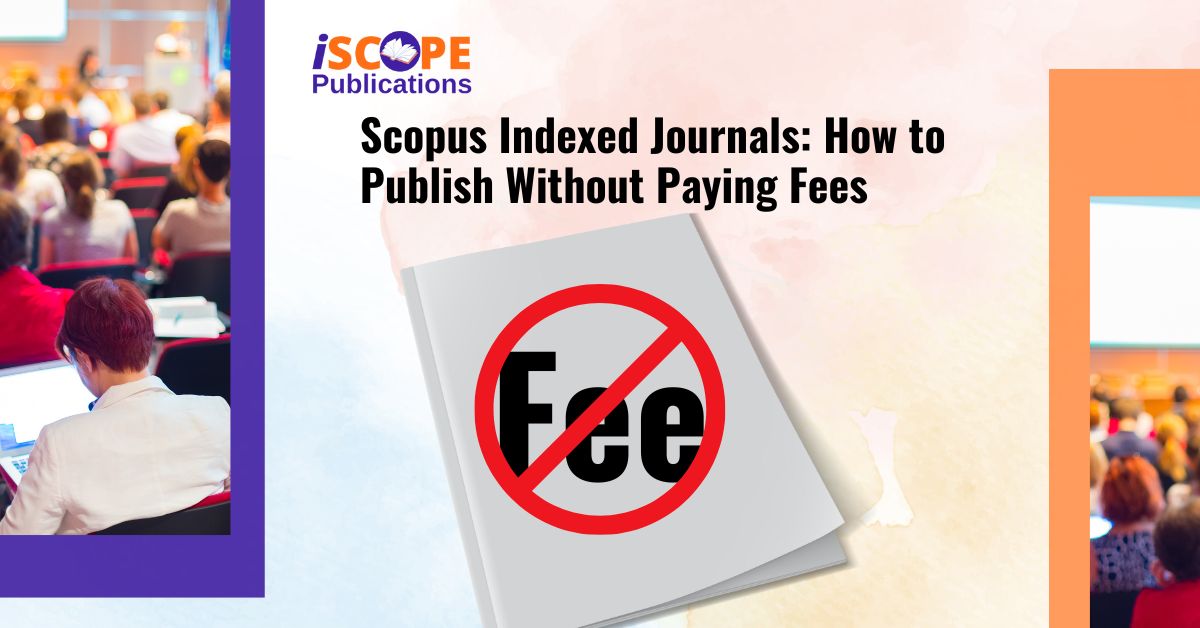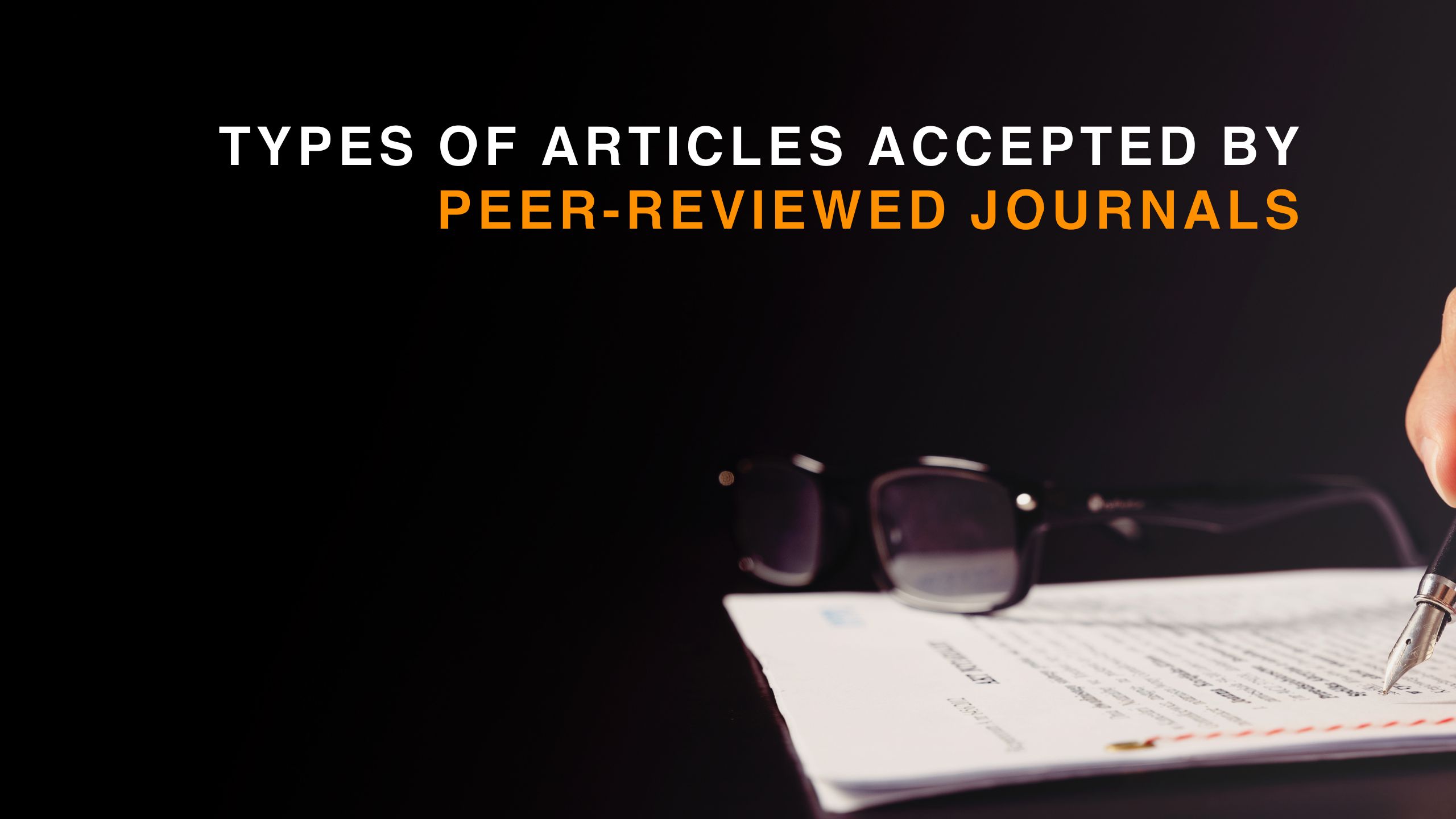Publishing in reputable Scopus-indexed journals is essential for researchers seeking to enhance the visibility and credibility of their work. Many researchers are deterred by the potential costs associated with publication fees. Fortunately, numerous strategies exist to publish in Scopus-indexed journals without incurring fees. Referencing insights from iScope Publications.

Scopus Indexing
Scopus is a highly regarded abstract and citation database that indexes numerous peer-reviewed journals across various disciplines. Journals included in Scopus are typically associated with rigorous quality standards and a thorough peer-review process. While open access journals often charge Article Processing Charges (APCs), many Scopus-indexed journals do not require authors to pay publication fees.
Strategies for Publishing Without Fees
1. Target Subscription-Based Journals
Many traditional subscription-based journals do not charge authors for publication; instead, they are funded through subscription fees collected from libraries and institutions. Researchers should explore reputable subscription journals in their field that are indexed in Scopus. The key is to verify the journal’s current indexing status through the Scopus website.
2. Leverage Open Access Journals with Waivers
Numerous open access journals offer fee waivers for authors from low-income countries or under specific circumstances. When submitting your manuscript, consider mentioning your eligibility for a waiver in your cover letter. This approach can help facilitate the possibility of waived fees.
3. Utilize Institutional Agreements
It’s beneficial to check if your academic institution has negotiated agreements with publishers that cover publication costs. Many universities have partnerships with specific publishers that provide fee waivers or reduced costs for their researchers.
4. Publish in University Press Journals
University presses often produce high-quality journals that do not charge authors publication fees. These journals are typically recognized for their editorial standards and are valued in academic circles. Researchers should investigate the journals associated with notable university presses to explore no-fee publication opportunities.
5. Investigate No-Fee Journals in Your Field
Some journals are known explicitly for not charging publication fees, particularly within specialized or niche areas. It is advisable to refer to resources like the Directory of Open Access Journals (DOAJ), where you can filter results to find journals that do not charge fees.
6. Consider Special Issues or Sponsored Editions
Occasionally, journals will publish special issues funded by research grants or academic institutions, which may cover publication costs for contributing authors. Keep an eye on announcements from your targeted journals regarding these opportunities.
7. Network with Colleagues
Building a professional network can open doors to valuable publishing opportunities. Collaborating with seasoned researchers can lead to insights about journals that offer fee waivers, as well as strengthen your submissions.
8. Maintain Quality Compliance
Regardless of the publication venue, ensuring that your manuscript adheres to the journal’s guidelines and maintains high quality is paramount. High-quality submissions have a better chance of receiving favorable attention from editors, making them more likely to consider waiving fees for noteworthy research.
9. Submit to Early-Career Friendly Journals
Many journals specifically aimed at early-career researchers may offer the option of publishing without fees. These journals often aim to encourage new voices in academia and may provide more favorable conditions for publication.
Steps to Identify No-Fee Scopus Indexed Journals
- Use the Scopus Journal Search Tool: Start by visiting the Scopus website and utilizing their journal search tool to identify journals that match your discipline.
- Visit Journal Websites: After identifying relevant journals, check their official websites for detailed information on publication policies, including potential fees and waivers.
- Read Author Guidelines Thoroughly: The author guidelines section of journals often contains crucial information about applicable fees or waivers.
- Contact Journal Editors for Clarification: If in doubt, reach out to the editorial office of the journal for clarification regarding any publication fees.
Publishing in Scopus indexed journals without incurring fees is not only possible but also accessible with the right strategies. By targeting subscription journals, leveraging open access waivers, utilizing institutional agreements, and maintaining high-quality research, authors can navigate the landscape of academic publishing effectively. Stay informed and proactive in seeking opportunities that align with your research goals, and remember to draw upon your academic network for guidance and collaboration.



